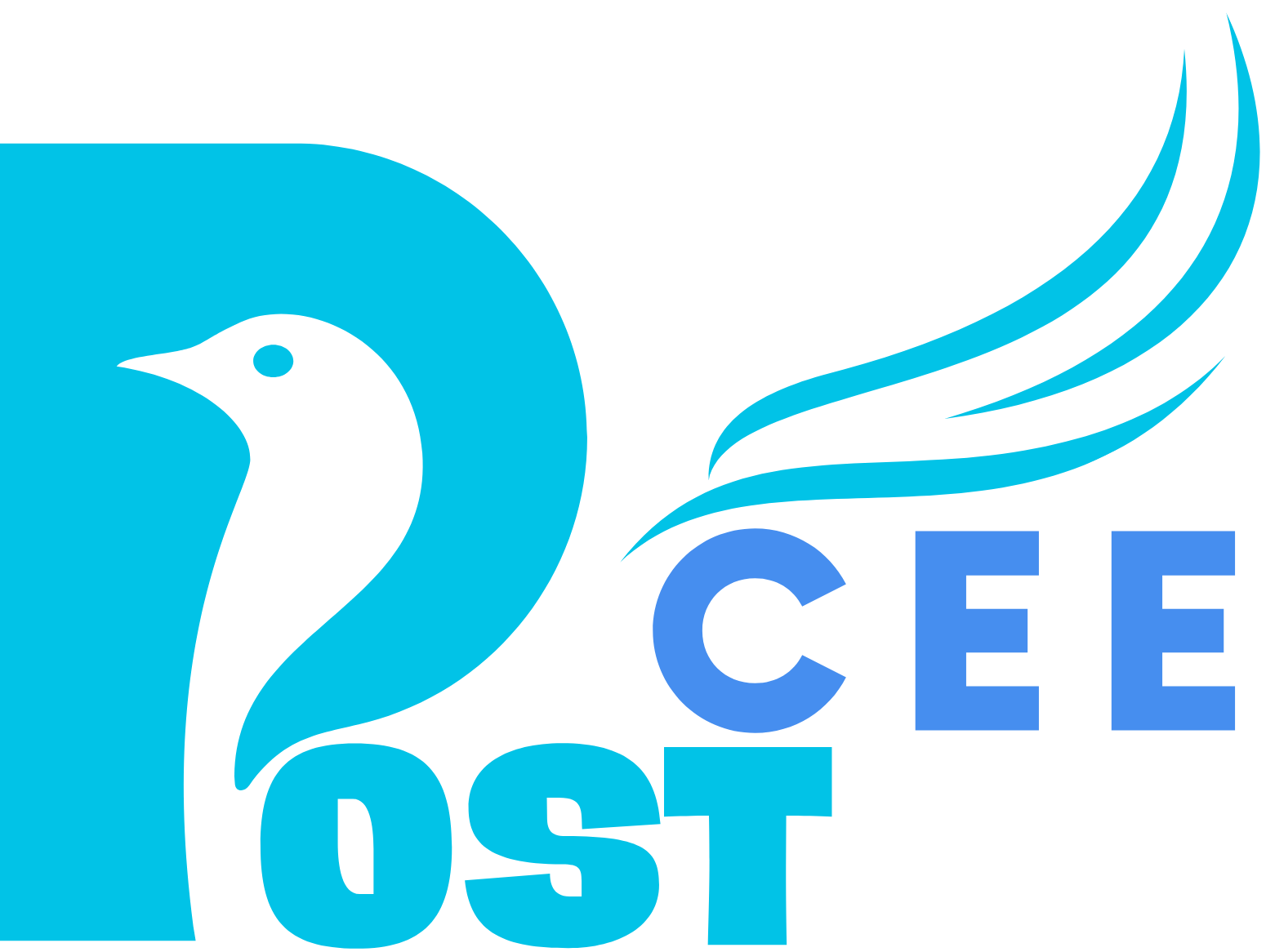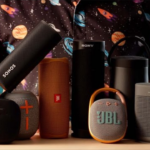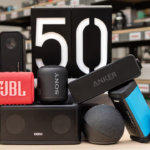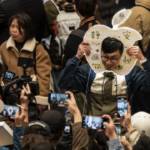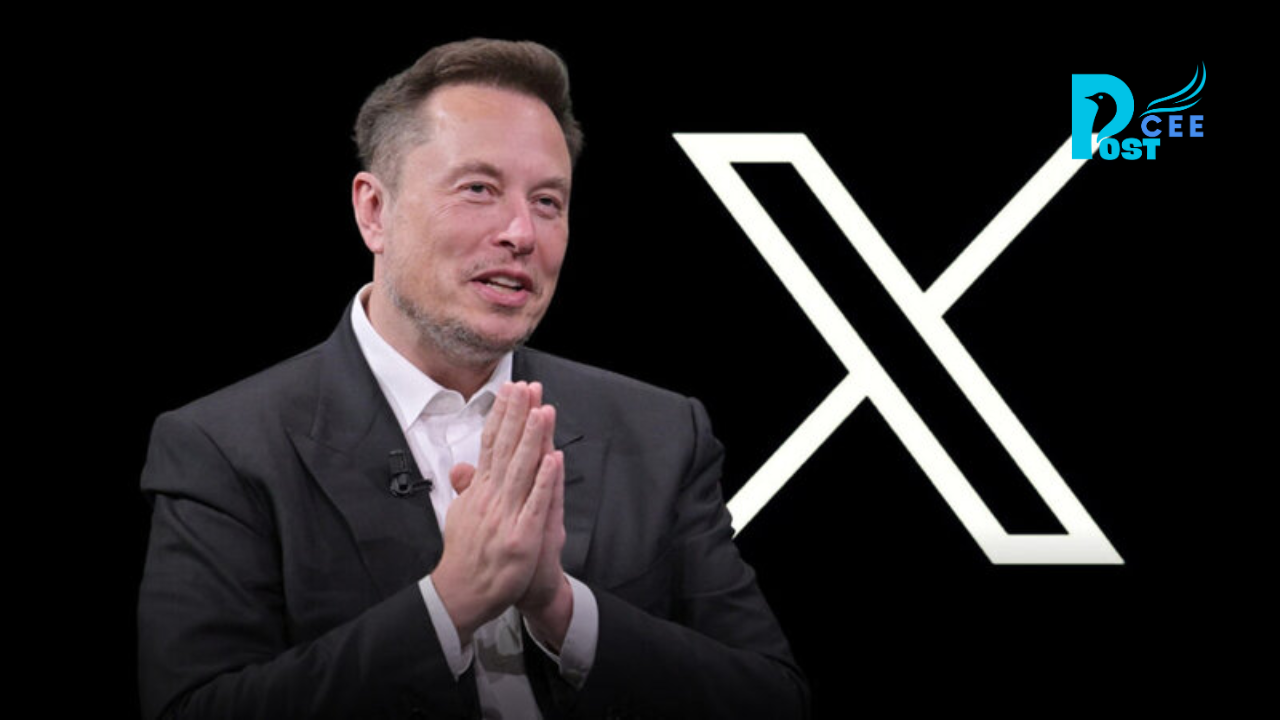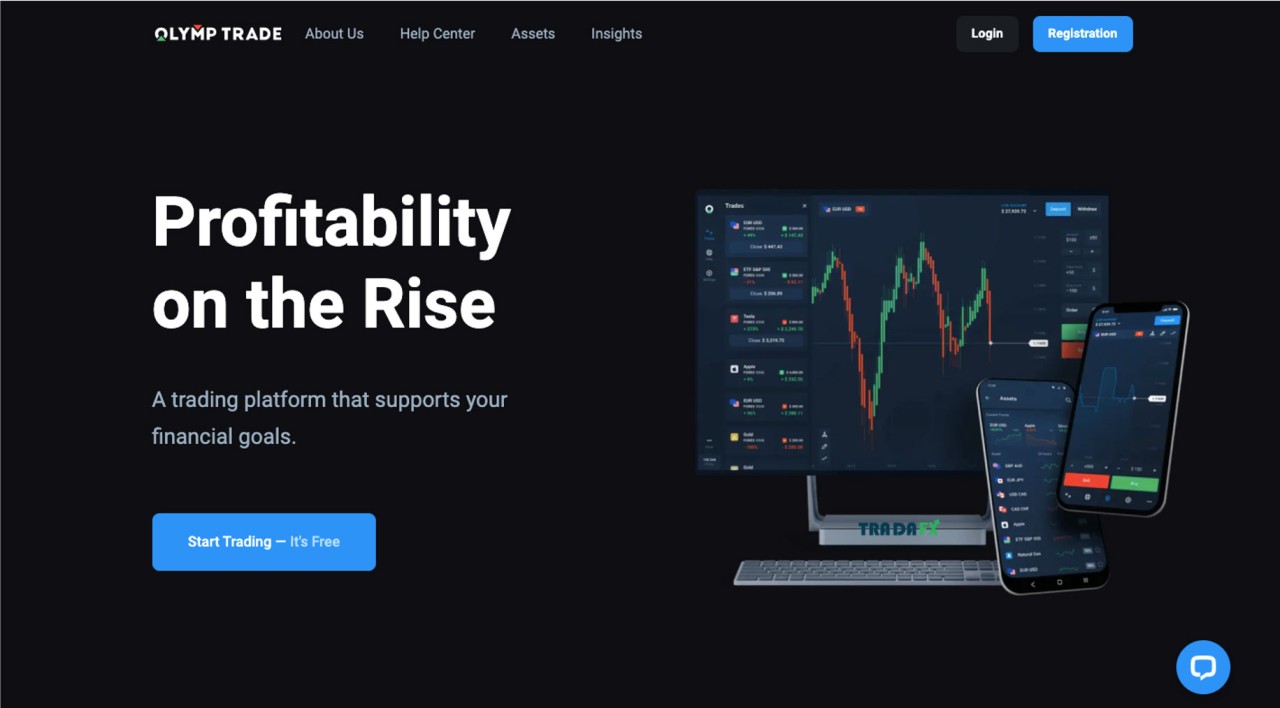Elon Musk’s social media X platform, (formerly Twitter), faced scrutiny for offering subscription benefits to groups and individuals sanctioned in the US, as reported by the Tech Transparency Project (TTP). Among those who received these perks were accounts associated with Hezbollah members, facilitated through a monthly $8 fee that provided privileges like extended posts and enhanced visibility.
Following the TTP report, X retracted the verification marks from certain accounts, asserting their security measures were “robust.” Musk’s initiative to monetize verification marks, a departure from Twitter’s original practice of free identity confirmation primarily for public figures and journalists, sparked debate. Critics argued it could amplify misinformation and impersonation risks.
The shift to a paid verification system has potentially introduced new legal complexities, particularly since it inadvertently extended services to sanctioned entities, including the Houthi movement and users associated with Hassan Nasrallah of Hezbollah. However, X has stated that the verification process, which includes an “ID verified” status for premium members, complies with legal standards, verified independently by the platform’s payment providers.
Despite these assurances, instances where sanctioned groups acquired verified status have raised concerns about platform governance and adherence to US sanctions laws. The US, which sanctions individuals, groups, and nations posing national security threats, has yet to comment on these developments.
Elon Musk, X’s owner and a vocal advocate for free speech, aims to transform X into a digital “town square”. Yet, decisions under his leadership, such as reinstating controversial figures, highlight the platform’s ongoing challenges in balancing free expression with legal and ethical standards. The TTP’s findings, including verification granted to entities like Russia’s state-controlled NTV channel amidst US sanctions, underscore the complex interplay of social media governance, free speech, and national security concerns.
